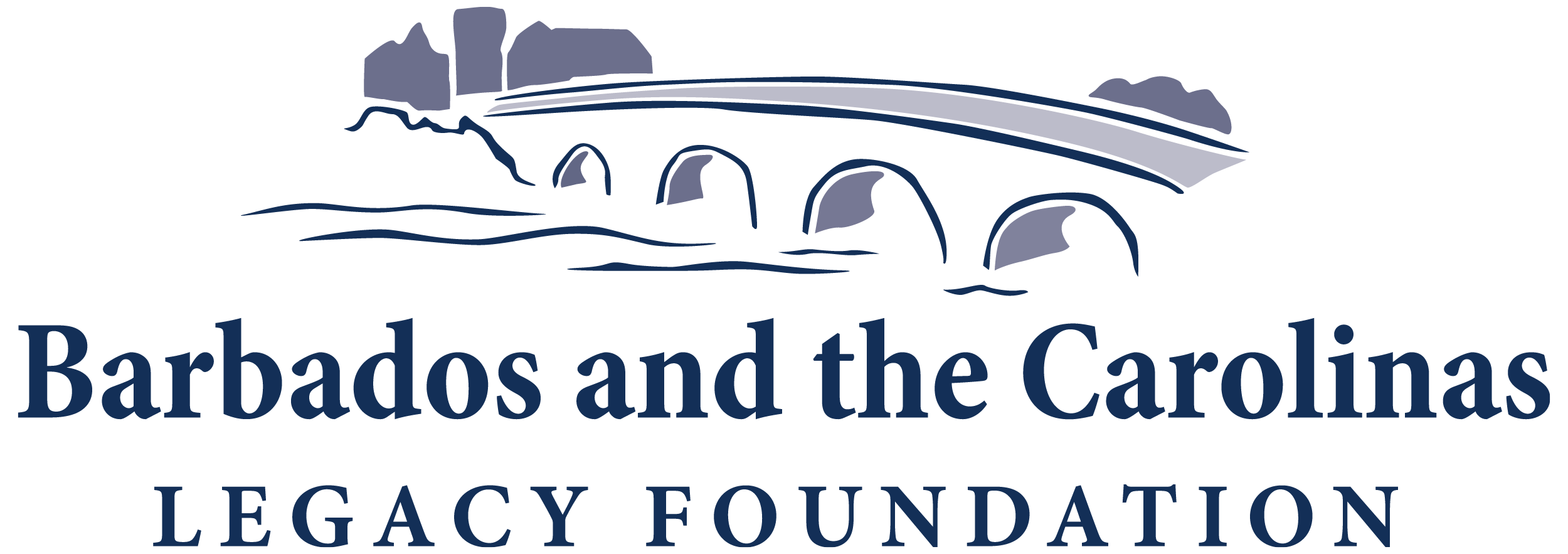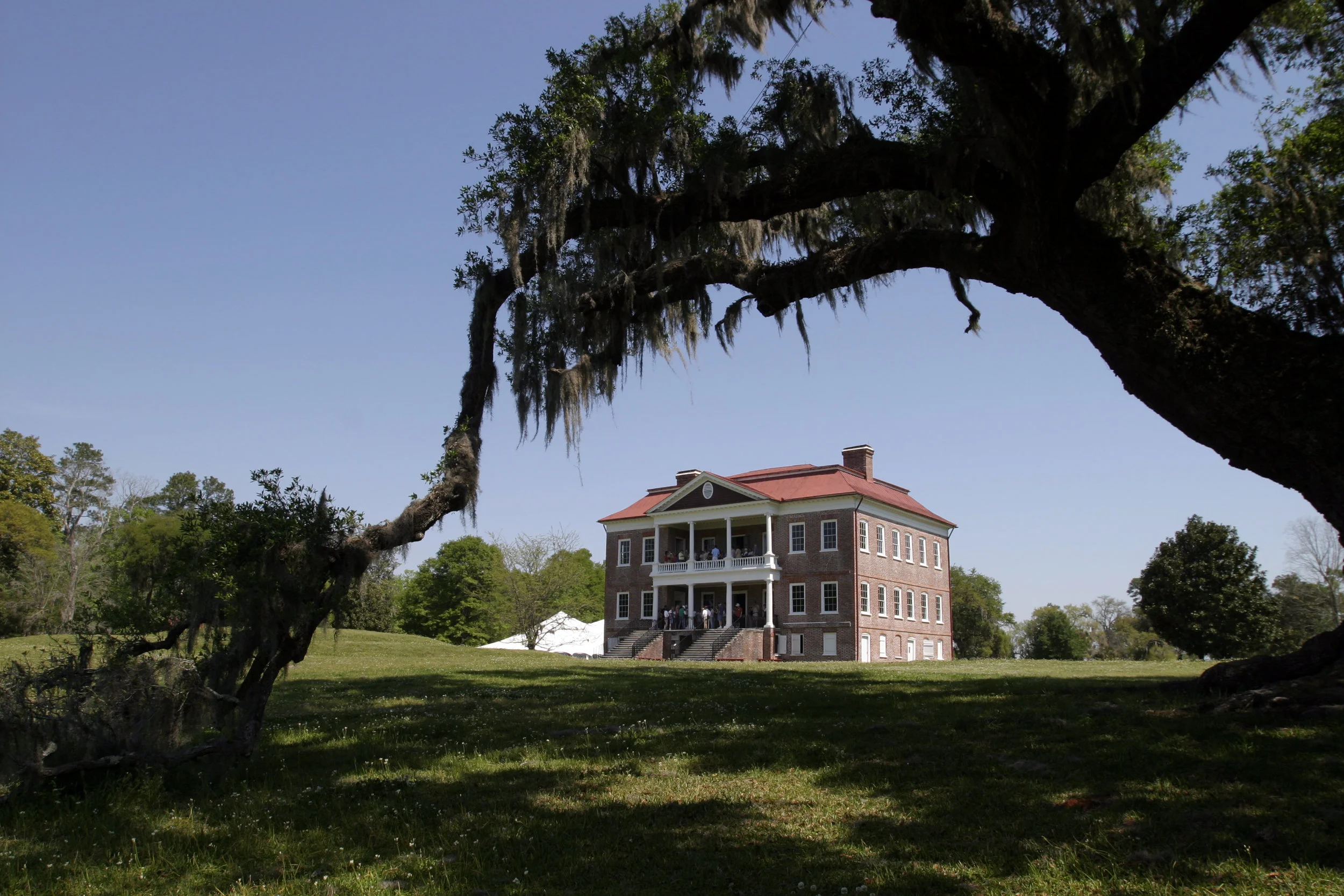By the late 1660s, Barbados – fueled by the production of sugar – had become the wealthiest English colony in Americas. The rather sudden boom of “sugar wealth” altered the society and economy of Barbados, and the island’s new culture quickly became the standard for other English possessions in the West Indies.
This new wealth also brought a population boom as people flocked to Barbados, an island 1/5 the size of present-day Charleston, to make their fortune. By 1670, Barbados’ population was estimated at 60,000 inhabitants, with approximately sixty percent being African slaves. As precious cultivatable land became increasingly scarce, plantation owners began to look to the North American mainland. As a result, Charles Towne was established in 1670 by the eight Lord Proprietors on what came to be called the Ashley River. Over the next three years, well over half of the white settlers and enslaved Africans who arrived in the Carolina colony came from Barbados, bringing with them the successful colonial model that would shape the social and economic future of South Carolina for centuries to come.
The political influence of the Barbadians is evidenced in the political structure as well as the leadership that emerged from the island – seven of the first 21 governors were either Barbadian or had close Barbadian ties. The Barbadians also had an enormous economic influence on the new colony. Their experience and capital, complemented by their entrepreneurial spirit, made the plantation system a reality, although cotton and rice, not sugar, ultimately surfaced as the major cash crops for South Carolina.
Over three centuries later, “The Connection” still exists. The threads of West African and Caribbean influences are woven into the tapestry of South Carolina’s culture. These influences are present in sometimes faint ways, such as in our wonderfully rich culinary, art, and music traditions; and, sometimes in very prominent ways, such as the inspiring Gullah culture and tradition of the Carolina Lowcountry.
The South Carolina National Heritage Corridor and the Barbados and Carolinas Legacy Foundation invite you to experience “The Connection” between the Palmetto State and Barbados. Follow the links below to learn more about the shared history between two of the earliest English settlements in this part of the world.


